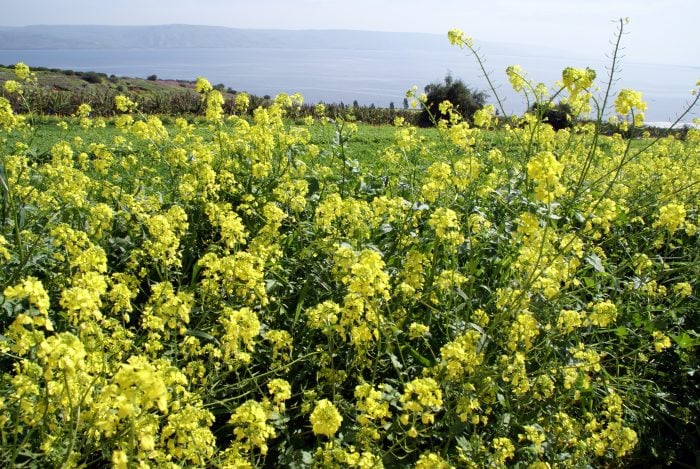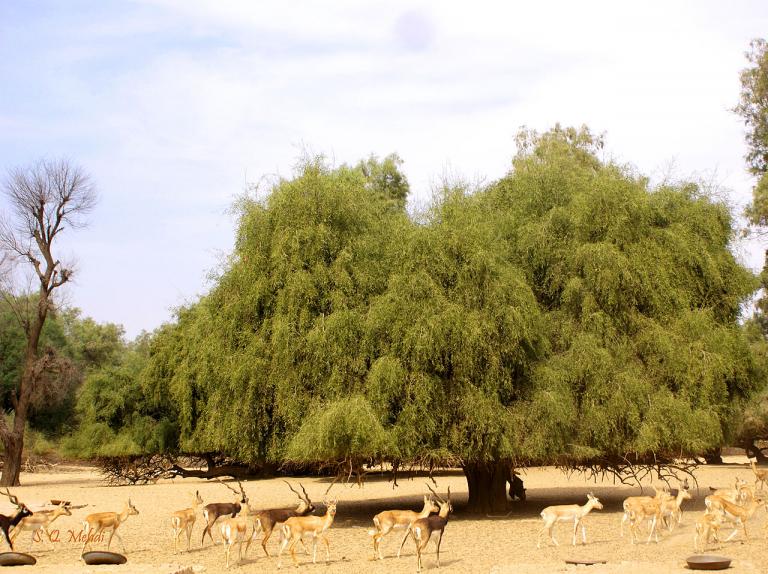Two things became clear as I taught my class about parables and the historical Jesus this semester.

One is that my botanical knowledge is limited. OK, I knew that. But I didn’t grasp the full implications of it, or its relevance to what I teach, until students drew my attention to mustard trees.
The Greek word used in the Gospels, σίναπι, seems to clearly refer to the plant that is essentially a weed (as I recall John Dominic Crossan highlighting in a documentary), which has tiny seeds and is nothing like a tree. And so I had always had it explained to me that the differences among the Gospels as to whether the mustard seed in the parable grows into a large plant in the shade of which birds nest, or a large tree in the branches of which birds make their nests, reflect different understandings of the nature of the parable (and perhaps of the kingdom of God). Does the parable tell of something ordinary or something extraordinary when the mustard seed turns into a tree?
 Well, the students threw me a curve ball, perhaps in part as a result of Google’s image search results. Apparently there is a tree that has become known as a “mustard tree,” the salvadora persica. Its branches were apparently used as chewing sticks in the ancient world, but there’s no evidence I know of that it was called by the same Greek word that is used for “mustard” in the parable, or that the same word is used for mustard shrubs and the tree in Aramaic or Syriac either for that matter.
Well, the students threw me a curve ball, perhaps in part as a result of Google’s image search results. Apparently there is a tree that has become known as a “mustard tree,” the salvadora persica. Its branches were apparently used as chewing sticks in the ancient world, but there’s no evidence I know of that it was called by the same Greek word that is used for “mustard” in the parable, or that the same word is used for mustard shrubs and the tree in Aramaic or Syriac either for that matter.
I trust that everyone reading this will find this horticultural information as fascinating as I did. But do any of you have information about how these different plants were referred to in ancient Greek and Aramaic, just so that I can make sure that there is no real likelihood that Jesus was talking about a plant that could naturally turn into a tree? The information that I have found satisfies me that Jesus was talking about the shrub, the very technical name of which is related to the Greek word used in the Gospels. But I’d still like to know more. Is the tree’s English name based on the aroma of the fruit, or the parable of Jesus, or something else? Was it associated with mustard in ancient times or only more recently?
Another question that arose for me in exploring this topic is whether Jesus had a set of material related to mustard seeds, and the extent to which the various sayings may or may not interpret each other as a result. See my earlier discussion of Jesus’ sayings about camels for a sense of what led me to wonder about this.
Your thoughts about mustard, horticulture, botany, agriculture, and/or Jesus are much appreciated!













